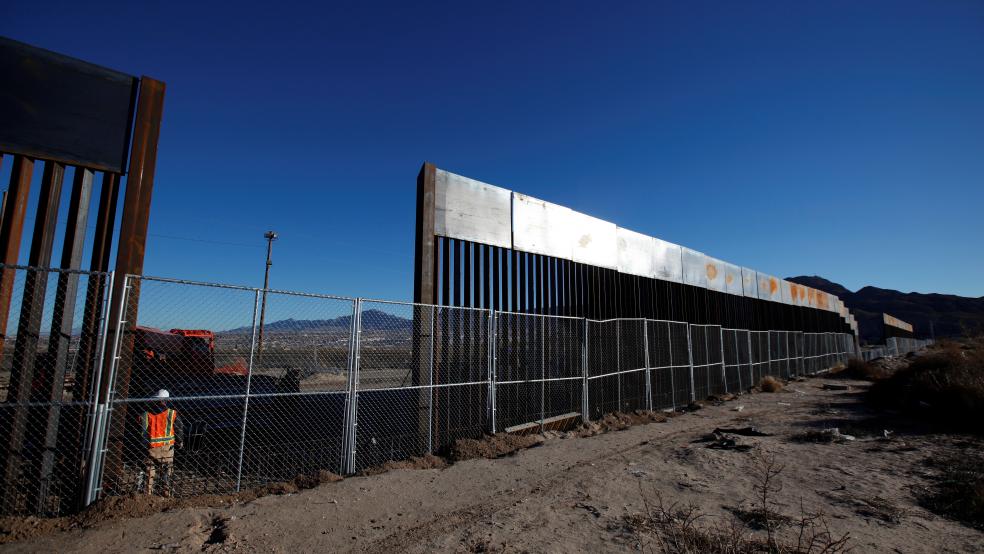Though it’s been lost in the fog of headlines about alleged collusion between his campaign and Russia, his decision to withdraw the U.S. from the Paris Climate Accord and other facets of his high-drama Oval Office tenure so far, immigration reform remains one of President Trump’s top priorities.
However, according to the Government Accountability Office, if the Trump administration really plans on maintaining its accelerated pace of arrests and deportations of undocumented immigrants -- and on doing it without inviting a constitutional challenge on the grounds of failing to provide due process -- something is going to have to give when it comes to the nation’s immigration courts.
Related: Trump Can Grow the Economy or Cut Immigration. He Can’t Do Both
The Government Accountability Office, in a report issued Thursday, found serious problems with the Department of Homeland Security’s unit in charge of providing administrative court hearings to undocumented individuals who might be subject to a deportation order. Among other things, it found that over a ten-year period between 2006 and 2016, the number of cases being introduced into the system increased by 44 percent.
Staffing levels did not come close to keeping up with the increased caseload burden, leading to a backlog that had grown to 437,000 cases by the end of 2015, with the average expected wait time for individual cases of 404 days.
The agency found that some courts had been forced to schedule hearings as much as four years into the future in order to give some sort of certainty to people caught up in an immigration proceeding.
A major reason for this, GAO found, is a sclerotic hiring process that keeps courts from being adequately staffed.
“GAO found that it took an average of 742 days to hire new judges from 2011 through August 2016,” the report found. “By assessing its hiring process and developing a hiring strategy that targets staffing needs, EOIR would be better positioned to hire judges more quickly and address its staffing gaps.”
Related: Trump’s Wall Could Cost $70 Billion
GAO flagged inadequate information and case management systems, the improvement of which might make a dent in the backlog. It also recommended greater adoption of video teleconferencing technology, which would allow more efficient scheduling of hearings by reducing the travel burden on witnesses and defendants.
The question going forward is how seriously the Trump administration will take the recommendations. President Trump has put a priority on speedy processing of deportation orders once they are handed down, but has been less clear about his intentions regarding the due process elements of the immigration enforcement process.






